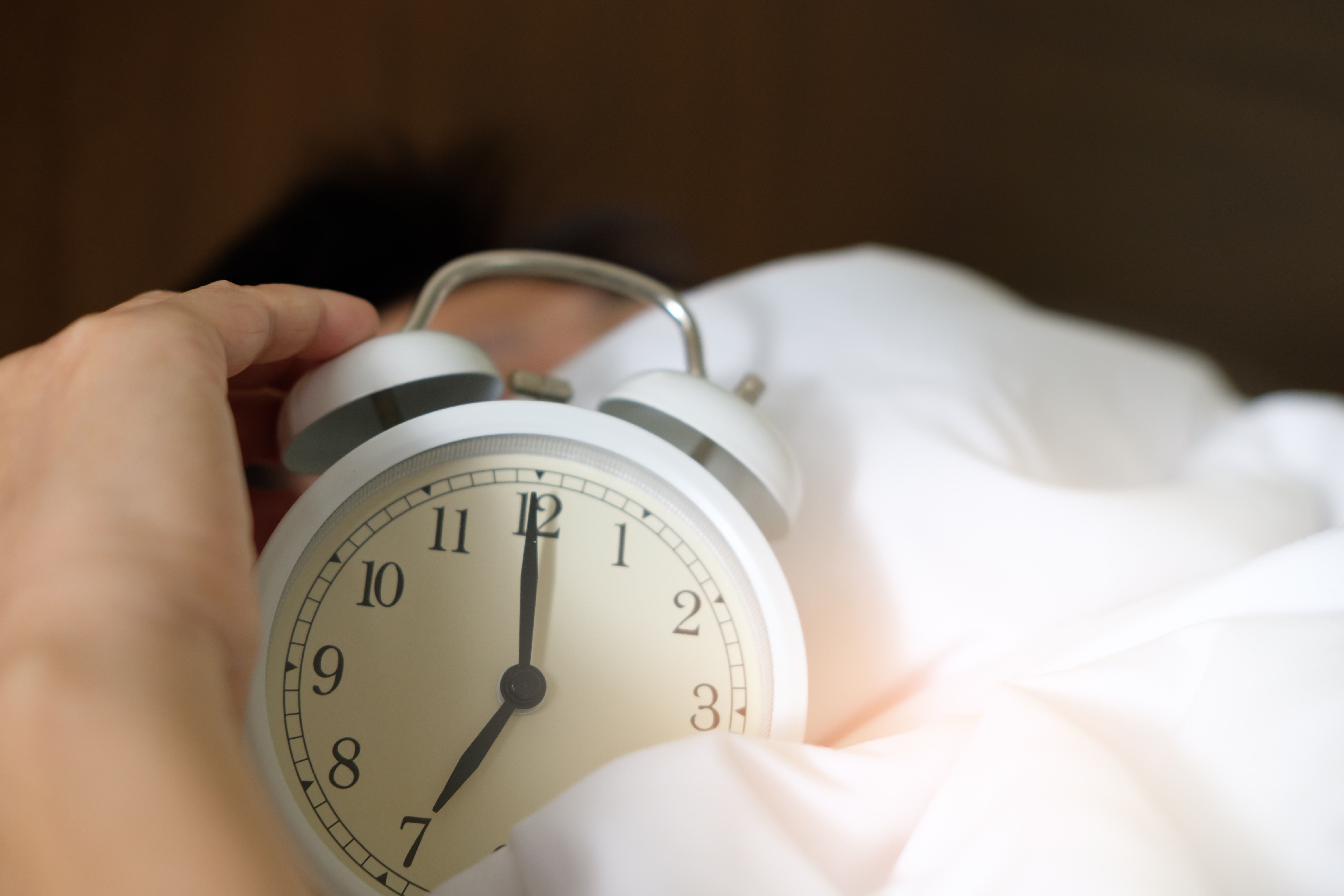In Type 1 Diabetes, Early Risers Report Improved Well-Being, Sleep Quality
An analysis of data from nearly 100 adults with type 1 diabetes details associations between chronotypes and improved well-being in people with diabetes.
Credit: Pexels (Acharaporn Kamornboonyarush)

New research into chronotypes among people with type 1 diabetes suggests those with morning chronotypes may be more likely to maintain good sleep quality and improved mental health relative to their counterparts with intermediate or evening chronotypes.
A cross-sectional, observational study, results indicate poor sleep quality was present among more than 65% of the study sample and those with evening chronotypes scoring worse for sleep quality and well-being than other chronotypes, with results also suggesting the morning chronotype had a significant correlation with better sleep quality and higher scores for emotional well-being.1
Once an overlooked aspect of overall health, the growing understanding and acknowledgement of the role of sleep health has pushed it to the forefront of discussions in a multitude of fields in health care, particularly as it pertains to chronic disease management. An example of this is a study published in Obesity in March 2023 examining the relationship between sleep and cardiometabolic health, which concluded patients with poorer sleep health more likely to transition into and out of insulin resistance.2
According to study investigators, few studies have examined associations between chronotypes in type 1 diabetes with sleep quality and mood. With this in mind, investigators designed the c current study as an observational, cross-sectional analysis of data obtained from patients who received treatment in an outpatient endocrinology service from March 2016-Janaury 2020.1
For inclusion in the study, patients needed to provide consent, have a diagnosis of type 1 diabetes made by a health professional at least 6 months earlier, and be between the ages of 18-75 years old. Patients were excluded if they did not meet the age criteria, had a terminal illness, were pregnant, or had an acute diabetes-related disorder. Overall, 95 patients were identified for inclusion. This cohort had a mean age of 38 years (Range, 18-70), a mean BMI of 24.4 kg/m2, and 52.6% were males.1
As part of the study, investigators evaluated chronotypes according to the Morningness-Eveningness Questionnaires (MEQ), which categorized patients into 5 groups defined as: extreme morning, moderate morning, intermediate, moderate evening, and extreme evening. For the purpose of analysis, investigators assessed sleep quality using the Pittsburgh Sleep Quality Index (PSQI), excessive daytime sleepiness using the Epworth Sleepiness Scale (ESS), symptoms of depression using the Patient Health Questionnaire-9 (PHQ-9), and emotional well-being using the Emotional Well Being Index (IWHO-5).1
Upon analysis, results indicated the intermediate chronotype was the most predominant, accounting to 55% of participants. When assessing other endpoints of interest, investigators found 67.4% reported poor quality of sleep, 14.7% reported excessive daytime sleepiness, 6.3% reported depressive symptoms, and low perception of well-being was reported by 16.8%.1
When evaluating associations with chronotypes, results suggested those with evening chronotypes scored worse in sleep quality (P=.05) and had worse well-being (P=.03) compared with other chronotypes. Additionally, higher MEQ scores, which indicate morningness, were correlated with lower height (P=.043), lower values in the PSQI (P=.040), and higher values in emotional well-being (P=.040).1
“Although it is necessary to increase the sample, we found that the morning chronotype, had a significant correlation with a better sleep quality and a lower risk of depression (higher scores in emotional well-being), partly corroborating our study hypothesis,” wrote investigators.1
References:
- Valiensi SM, Folgueira AL, Diez JJ, et al. Is Being a Lark Healthier for Patients with Type 1 Diabetes Mellitus?. Sleep Sci. 2023;16(1):75-83. Published 2023 Apr 19. doi:10.1055/s-0043-1767749
- Grossi, G. (2023) Study emphasizes the independent role of sleep in Metabolic Health, HCP Live. Available at: https://www.hcplive.com/view/study-independent-role-sleep-metabolic-health (Accessed: 10 May 2023).